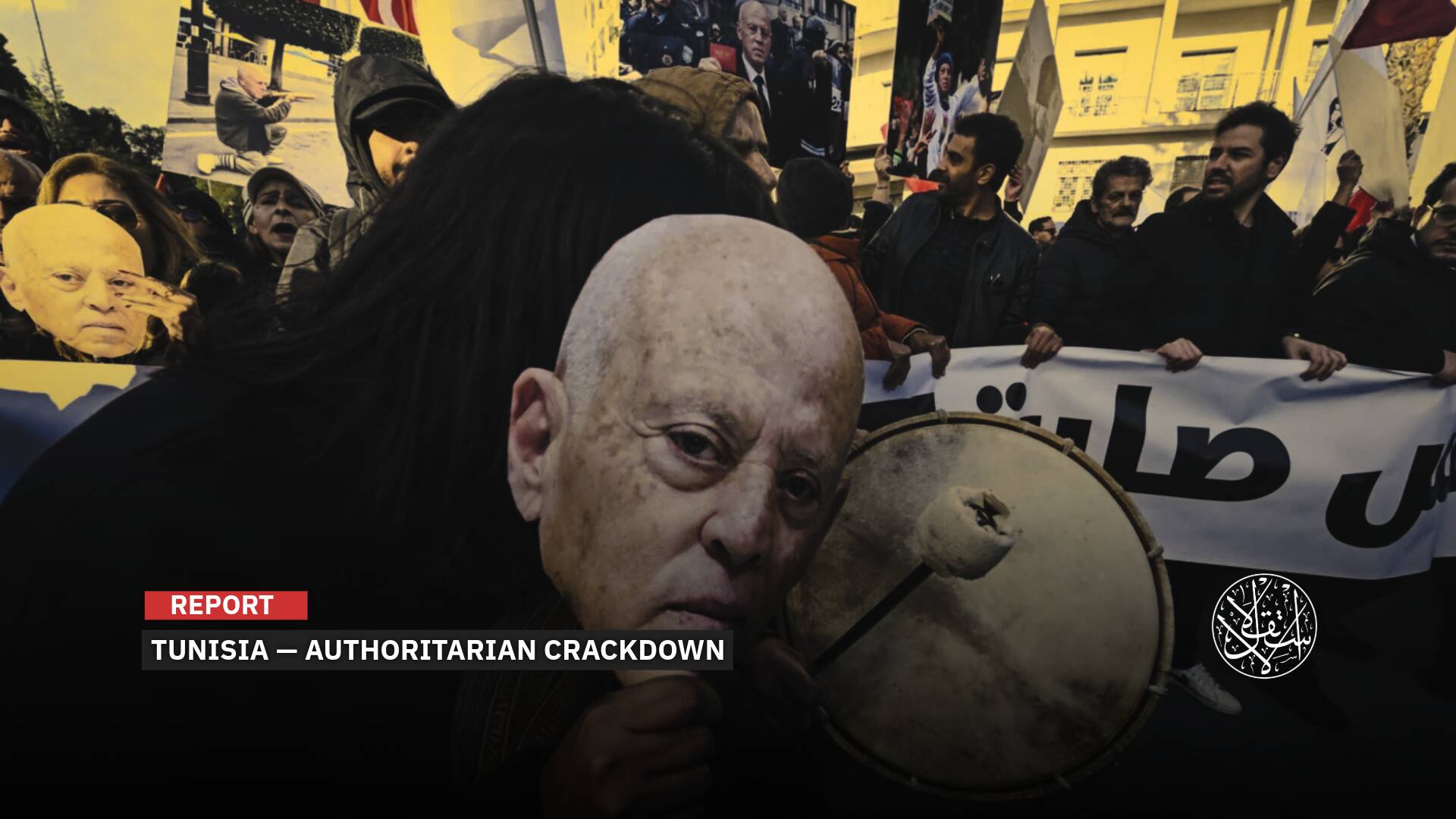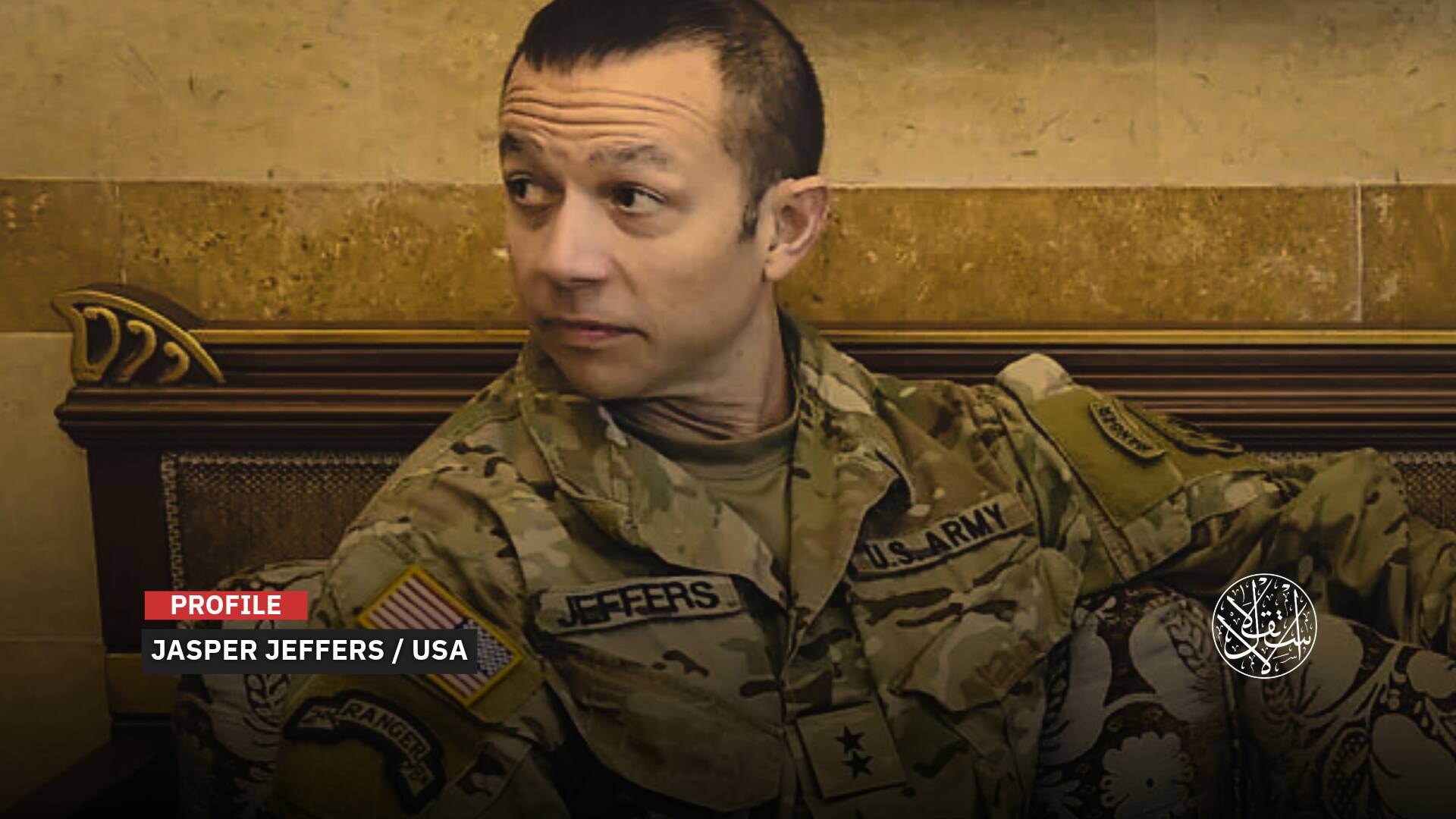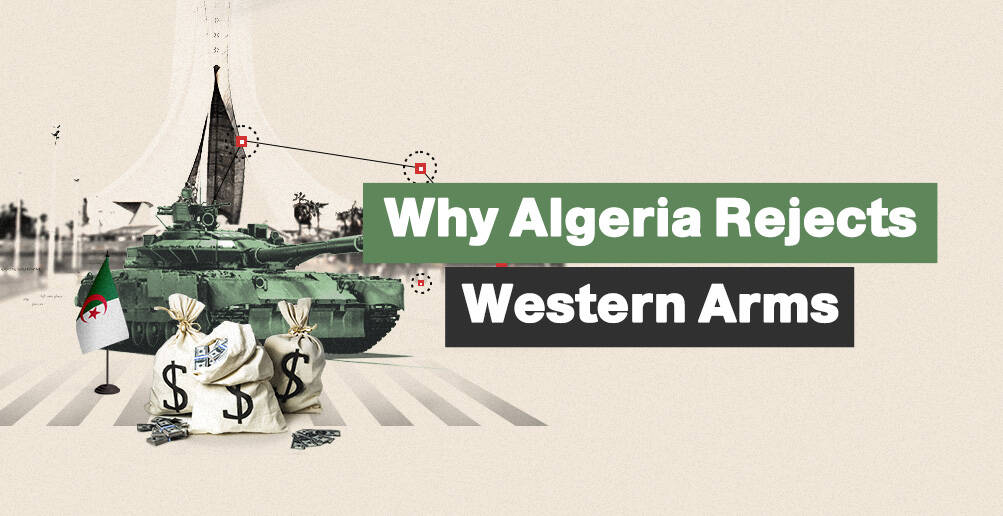Are Russia and China Approaching a Full Strategic Alliance or Just a Political Show?

“China emerged as a key economic lifeline for a sanctions-strapped Russia as it wages war on Ukraine.”
Russia and China recently sent a strong message to the West following a comprehensive round of talks between their leaders, who reaffirmed their alliance in their quest to upend the US-led world order.
In a joint statement, Russian President Vladimir Putin and his Chinese counterpart, Xi Jinping, affirmed their determination to strengthen strategic cooperation in all areas, signing a package of agreements that consolidate the partnership between the two countries.
Bilateral trade between the two countries is approaching a quarter of a trillion dollars, and they share an ideological common ground in their call for a multipolar world order, with clear coordination on most international positions.
Analysts believe that the Chinese president's recent visit to Moscow, which coincided with Russia's Victory Day celebrations, carried a clear message to Washington and Western countries that the alliance between the two countries will not be affected by any potential deal in Ukraine.
Others see that Russian-Chinese relations have not yet reached the level of a full alliance, but are still classified as a strategic partnership with an economic and ideological character.
Strategic Cooperation
On the sidelines of the Russian Victory Day celebrations, Russian and Chinese leaders Vladimir Putin and Xi Jinping witnessed the signing and exchange of over 20 bilateral cooperation documents, covering areas such as global strategic stability, upholding the authority of international law, investment protection, digital economy, quarantine, and film cooperation.
They also affirmed their determination to combat neo-Nazism and rejected unilateral sanctions that go beyond the scope of the United Nations.
They also expressed their strong opposition to imposing a hostile approach toward Russia and China on third countries in various regions of the world, as well as to the defamation of both countries.
They emphasized that the conflict in Ukraine can only be resolved by eliminating its root causes, a phrase Russia has frequently used when it says it was forced to go to war to prevent Ukraine's possible accession to NATO.
They considered Washington and NATO's attempts to expand their presence in the Asia-Pacific region unacceptable and a threat to regional peace, noting that the risk of a nuclear conflict has increased amid the deterioration of international relations.
Putin and Xi stressed that they would personally oversee all key aspects of bilateral relations, with the goal of further strengthening trade and investment by 2030.
The final joint statement also included, for the first time, direct references to the contributions of the Soviet Union and China to the victory over Nazi Germany and Japan.
In remarks made after signing agreements with Xi, Putin said that almost all foreign trade between Russia and China is conducted in rubles and yuan.
He explained that investment cooperation is developing actively, with approximately 90 priority Russian-Chinese projects worth approximately $200 billion being implemented or prepared in areas such as industrial production, transportation, logistics, agriculture, and mining.
He noted that China ranks first in terms of trade volume with Russia, adding that Moscow is also one of Beijing's leading foreign trading partners.
Since 2013, Xi Jinping and Vladimir Putin have met over 40 times and signed a borderless strategic partnership in February 2022, less than three weeks before the invasion of Ukraine.
Although China maintains its neutrality regarding the war in Ukraine, it has served as an economic lifeline for Russia, helping it circumvent Western sanctions.
Beijing has provided microchips for Russian drones and missiles, in addition to purchasing large quantities of Russian oil.
Putin is expected to visit Beijing next September to commemorate Japan's defeat in World War II.
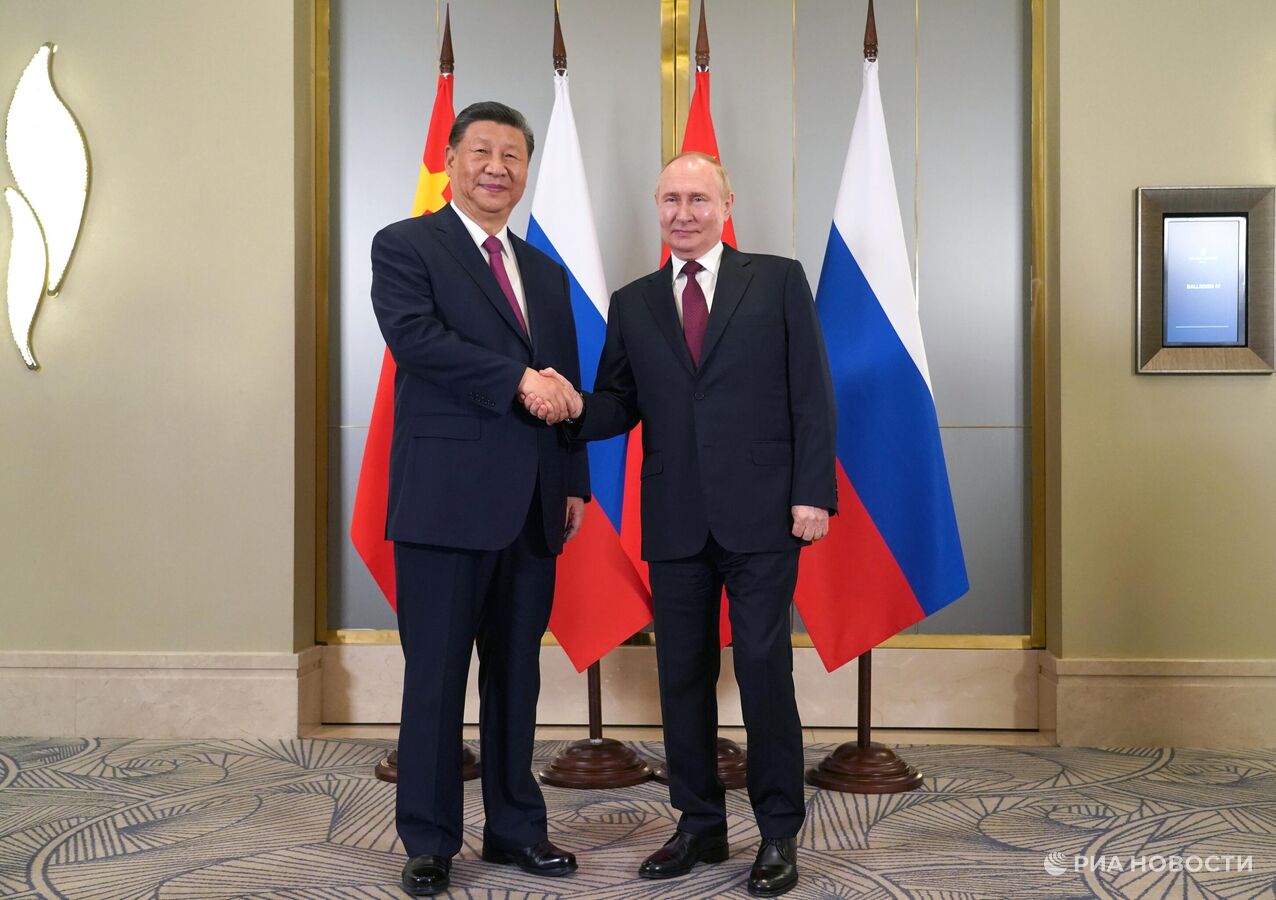
Geopolitical Balance
Over the past two decades, Russian-Chinese relations have witnessed growth across various fronts, particularly political, economic, and military, transforming from a traditional partnership to something resembling a strategic alliance.
Politically, the two countries hold convergent positions on many international issues, such as the war in Ukraine, the Taiwan crisis, and the multipolar world order as an alternative to Western hegemony.
China and Russia support each other on multilateral platforms such as the UN, APEC, G20, SCO, and BRICS, uniting the broader Global South countries.
Economically, China has remained Russia's largest trading partner since 2010, with bilateral trade reaching a new record of $245 billion in 2024, a 68% increase compared to 2021.
The two sides also see strong momentum of cooperation in emerging sectors such as technological innovation, automobile manufacturing, cross-border e-commerce, and medical devices.
Although China and Russia do not have a normal military alliance, there are growing concerns in the West about the close security cooperation between the two countries.
China and Russia conducted 14 joint military exercises in 2024, according to recent data
China has become Russia's primary supplier of vital dual-use products for the military industry, such as semiconductors and industrial equipment, exceeding $300 million per month.
The relationship between the two countries is seen as one of the pillars of a new geopolitical balance against Western influence, especially with the ongoing Western sanctions on Russia and the escalation of tensions between China and the United States.
In 2023, the two leaders agreed to make 2024 and 2025 the China-Russia Years of Culture, launching hundreds of exchange activities such as exhibitions, film screenings, and academic collaborations.
On top of that, the two sides have made impressive strides in educational cooperation. More than 200 Russian universities now offer Chinese language courses, with some 90,000 students studying the language. Meanwhile, over 40,000 Chinese students are pursuing studies in Russia

Soviet-China Split
While Trump administration officials are making public efforts to undermine Chinese-Russian relations, observers believe it is unrealistic to imagine that the alliance could be broken to Washington's advantage.
During his election campaign last year, Trump repeatedly said he would stop the war in Ukraine within 24 hours and would be tougher on China than former President Joe Biden.
However, after 5 months of his presidency, he has not yet been able to implement his promises.
According to a previous analysis by Foreign Affairs, the Trump administration may seek to damage the Chinese-Russian partnership by reducing tensions—or improving ties—with Moscow in order to pressure Beijing.
This is the opposite of what US Secretary of State Henry Kissinger planned more than 50 years ago, when the U.S. sought detente with China to exploit the Sino-Soviet split.
According to an analysis by the National Interest, it is a mistake to think that what worked with China in the 1970s can be replicated today with Russia, which is experiencing demographic and economic decline.
Some in the West have argued that Russia, despite its excesses, is distracting the United States from the real threat, referring to China.
They have proposed a grand bargain that would bring Russia back into the international system in exchange for abandoning its alliance with China, allowing Washington to refocus its resources toward Asia.
A National Interest analysis concluded that Russia is economically and technologically dependent on China and is unlikely to sever these ties in exchange for Western promises to lift sanctions.
Senior adviser Scott Kennedy believes that Trump's war on the international trade system has increased the likelihood that Beijing will strengthen its relations with Moscow, rather than undermine them.
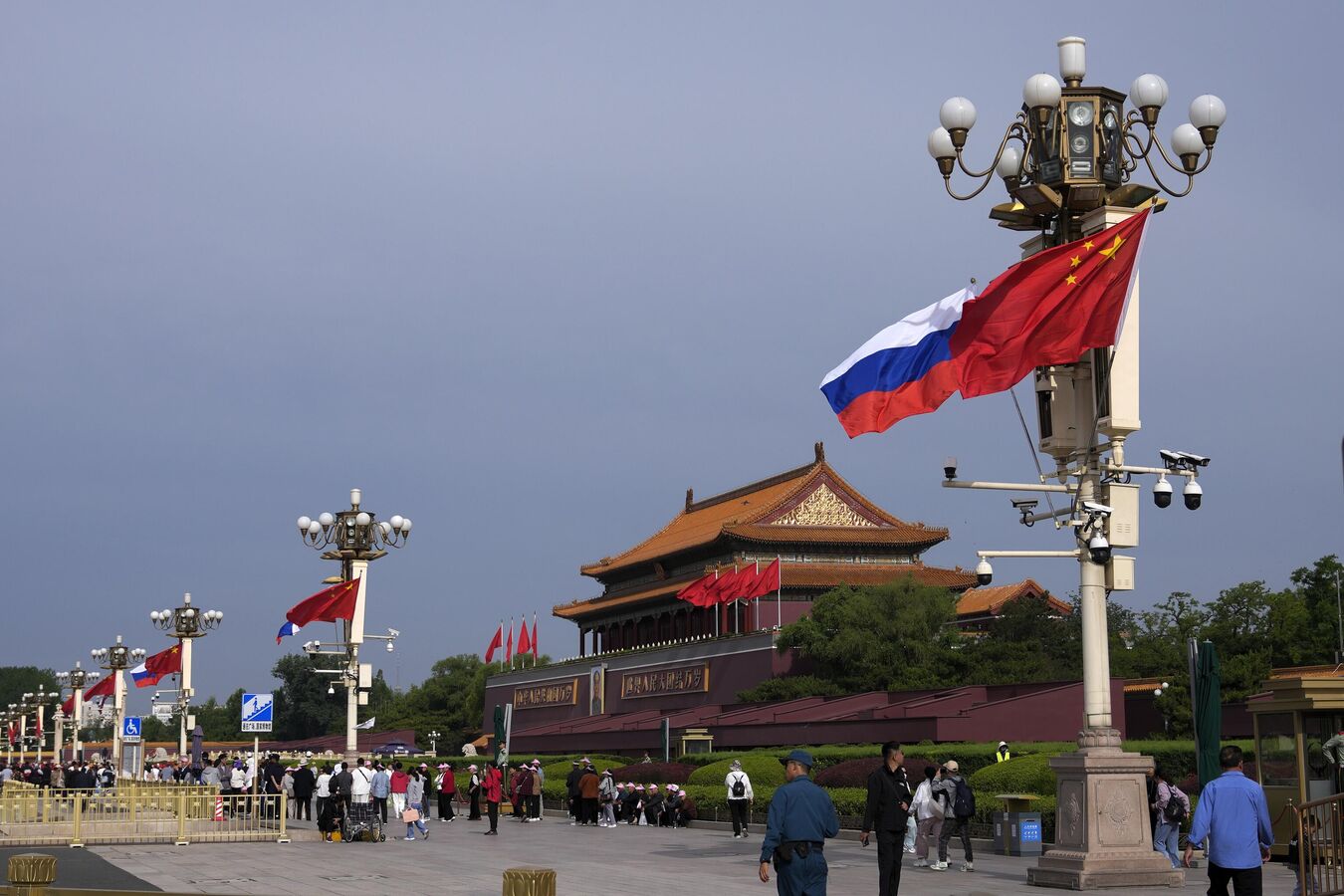
Chinese officials have ruled out the scenario in which Washington and Moscow reconcile relations, leaving China isolated.
The distrust between Moscow and Washington remains too profound for any full reset.
However, what has Chinese officials nervous is not a potential Trump-Putin rapprochement, but the tightening of ties between Putin and Kim Jong-un.
The recently signed Russia-North Korea defense pact has only deepened these anxieties.
Chinese analysts are increasingly uneasy about Russia’s expanding and opaque military ties with Pyongyang and their potential to create instability right on its doorstep.
Beijing is particularly wary that Putin could position himself as a broker between Trump and Kim, marginalizing China and redirecting U.S. attention away from faltering negotiations on Ukraine.
For China, long accustomed to playing a central role in Korean Peninsula diplomacy, ceding its position to Russia would be seen as a serious blow.
Beijing’s ideal outcome is a Russia strong enough to push back against the West, but weak enough to remain securely in China’s orbit.
However, managing this delicate balance is becoming more difficult—and carries global consequences.




